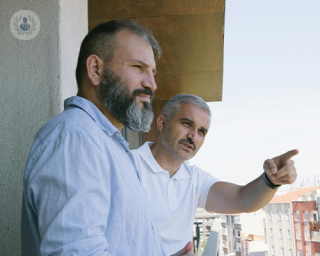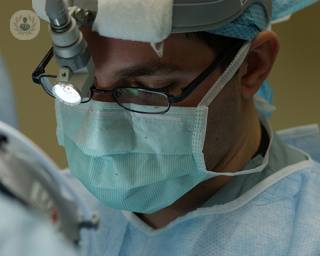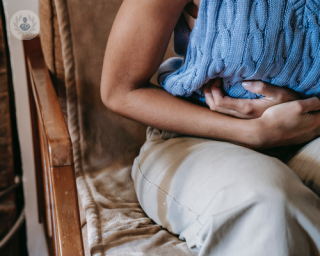
By Mr Nicholas Raison
23.12.24
Urology
All about benign prostatic hyperplasia
Benign prostatic hyperplasia (BPH) is a common condition in men that can cause bothersome symptoms related to passing urine. In this article, consultant urological surgeon Mr Nicholas Raison explains BPH and the options for treatment.















